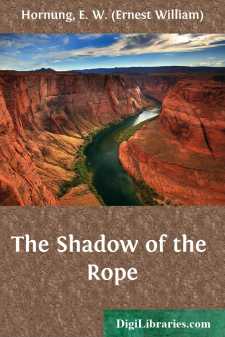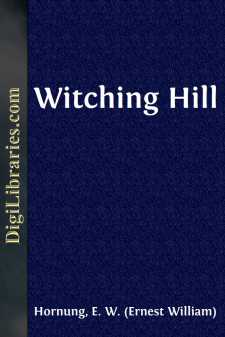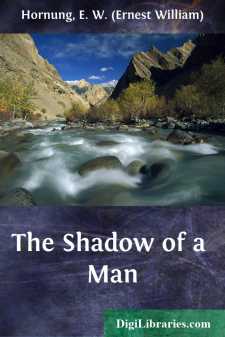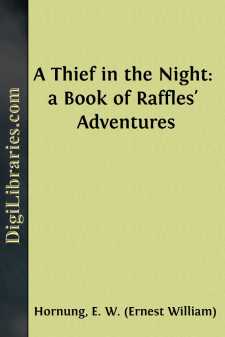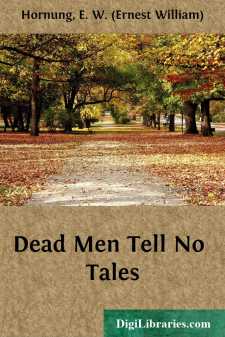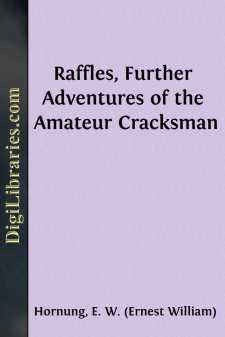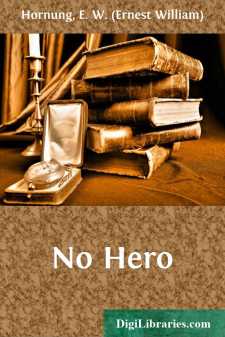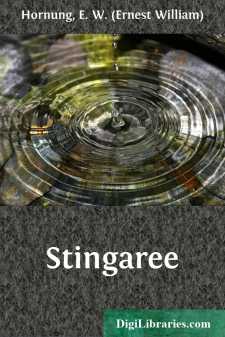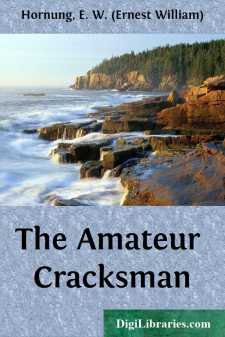Categories
- Antiques & Collectibles 13
- Architecture 36
- Art 48
- Bibles 22
- Biography & Autobiography 815
- Body, Mind & Spirit 144
- Business & Economics 28
- Children's Books 18
- Children's Fiction 14
- Computers 4
- Cooking 94
- Crafts & Hobbies 4
- Drama 346
- Education 58
- Family & Relationships 59
- Fiction 11829
- Games 19
- Gardening 17
- Health & Fitness 34
- History 1378
- House & Home 1
- Humor 147
- Juvenile Fiction 1873
- Juvenile Nonfiction 202
- Language Arts & Disciplines 89
- Law 16
- Literary Collections 686
- Literary Criticism 179
- Mathematics 13
- Medical 41
- Music 40
- Nature 179
- Non-Classifiable 1768
- Performing Arts 7
- Periodicals 1453
- Philosophy 65
- Photography 2
- Poetry 896
- Political Science 203
- Psychology 44
- Reference 154
- Religion 515
- Science 126
- Self-Help 85
- Social Science 82
- Sports & Recreation 34
- Study Aids 3
- Technology & Engineering 59
- Transportation 23
- Travel 463
- True Crime 29
Our website is made possible by displaying online advertisements to our visitors.
Please consider supporting us by disabling your ad blocker.
The Shadow of the Rope
Description:
Excerpt
CHAPTER I
THE END OF THEIR LIFE
"It is finished," said the woman, speaking very quietly to herself. "Not another day, nor a night, if I can be ready before morning!"
She stood alone in her own room, with none to mark the white-hot pallor of the oval face, the scornful curve of quivering nostrils, the dry lustre of flashing eyes. But while she stood a heavy step went blustering down two flights of stairs, and double doors slammed upon the ground floor.
It was a little London house, with five floors from basement to attic, and a couple of rooms upon each, like most little houses in London; but this one had latterly been the scene of an equally undistinguished drama of real life, upon which the curtain was even now descending. Although a third was whispered by the world, the persons of this drama were really only two.
Rachel Minchin, before the disastrous step which gave her that surname, was a young Australian lady whose apparent attractions were only equalled by her absolute poverty; that is to say, she had been born at Heidelberg, near Melbourne, of English parents more gentle than practical, who soon left her to fight the world and the devil with no other armory than a good face, a fine nature, and the pride of any heiress. It is true that Rachel also had a voice; but there was never enough of it to augur an income. At twenty, therefore, she was already a governess in the wilds, where women are as scarce as water, but where the man for Rachel did not breathe. A few years later she earned a berth to England as companion to a lady; and her fate awaited her on board.
Mr. Minchin had reached his prime in the underworld, of which he also was a native, without touching affluence, until his fortieth year. Nevertheless, he was a travelled man, and no mere nomad of the bush. As a mining expert he had seen much life in South Africa as well as in Western Australia, but at last he was to see more in Europe as a gentleman of means. A wife had no place in his European scheme; a husband was the last thing Rachel wanted; but a long sea voyage, an uncongenial employ, and the persistent chivalry of a handsome, entertaining, self-confident man of the world, formed a combination as fatal to her inexperience as that of so much poverty, pride, and beauty proved to Alexander Minchin. They were married without ceremony on the very day that they arrived in England, where they had not an actual friend between them, nor a relative to whom either was personally known. In the beginning this mattered nothing; they had to see Europe and enjoy themselves; that they could do unaided; and the bride did it only the more thoroughly, in a sort of desperation, as she realized that the benefits of her marriage were to be wholly material after all.
In the larger life of cities, Alexander Minchin was no longer the idle and good-humored cavalier to whom Rachel had learned to look for unfailing consideration at sea. The illustrative incidents may be omitted; but here he gambled, there he drank; and in his cups every virtue dissolved....


